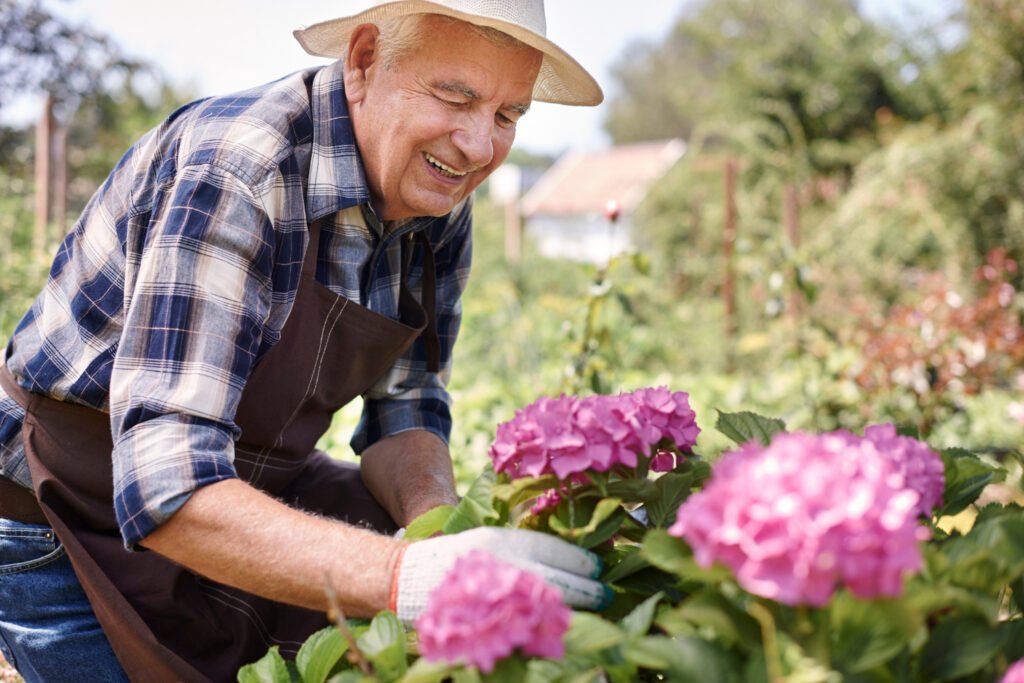3 Proven Ways to Recharge After Caregiver Burnout

Caregiving is a profound act of love, but it can also be deeply draining. If you’re feeling exhausted, overwhelmed, or like you’re running on empty, you’re not alone.
Many caregivers experience burnout. That’s a state of physical, emotional, and mental exhaustion that can affect your health and well-being. Recognizing the signs and taking steps to recharge is essential for your own health and the quality of care you provide.
Being proactive promotes recovery.
If you believe you’re on the verge of burnout, it’s not too late. Taking these steps can help.
1. Prioritize your physical health.

Your body is the vessel through which you provide care. Neglecting your physical health can make feelings of burnout feel worse.
Nutrition and Hydration
Eating balanced meals and staying hydrated can significantly impact your energy levels. Opt for whole foods rich in nutrients and limit caffeine, alcohol and sugar intake. Proper nutrition can improve your focus and stamina and help you manage daily tasks more effectively.
Not a fan of drinking plain water? Consider some of the hydration and health benefits of drinking coconut water.
Regular Exercise
Including physical activity into your routine can relieve stress and boost energy. Even short walks or stretching exercises can make a difference. Aim for at least 30 minutes of moderate activity most days of the week.
Learn more about how exercise can help you manage stress. If you need convenient options to help you stay physically active, consider 13 affordable exercise products that can help.
Quality Sleep
Sleep is crucial for recovery and mental clarity. Establish a regular sleep schedule and create a restful environment to improve sleep quality. Avoid screens before bedtime and consider relaxation techniques like deep breathing or mindfulness.
2. Seek emotional support.

Emotional well-being is just as important as physical health. Connecting with others can provide comfort and perspective.
Support Groups
Engaging with fellow caregivers can offer a sense of community and shared understanding. Support groups provide a space to share experiences, challenges and coping strategies.
Professional Counseling
Therapists can help you navigate complex emotions and develop coping mechanisms. If you often feel overwhelmed, consider seeking professional help to address underlying issues.
Open Communication
Talk to friends and family about your feelings. Expressing your emotions can alleviate stress and prevent feelings of isolation.
In the Bible, wise King Solomon observed, “Wisdom is with the modest ones.” (Proverbs 11:2, NWT) So, remember: Asking for help is a sign of strength, not weakness.
3. Include restorative activities.

Engaging in activities that bring joy and relaxation can rejuvenate your spirit. These moments of self-care are vital for maintaining balance.
Learn how respite care can help with this.
Mindfulness Practices
Techniques like mindfulness and deep breathing can reduce stress and enhance emotional resilience. Even a few minutes a day can have a positive impact.
Hobbies and Interests
Dedicate time to activities you enjoy, whether it’s reading, gardening or crafting. These pursuits can provide a sense of accomplishment and a break from your caregiving duties.
Nature and Outdoors
Spending time in nature can be incredibly restorative. A walk in the park or simply sitting outside can help clear your mind and improve your mood.
The Key to Recharging After Burnout

Experiencing burnout doesn’t mean you’ve failed. It just means you’re human.
By taking proactive steps to care for your physical and emotional health, you can replenish your energy and continue to provide compassionate care.
Remember, you deserve the same kindness and attention that you give to others.
Recharging After Caregiver Burnout FAQ
What are some signs of caregiver burnout?
Common signs of burnout include chronic fatigue, irritability, sleep disturbances and feelings of hopelessness.
How can I find a caregiver support group?
Local hospitals, community centers and online platforms often host support groups. Websites like mayoclinic.org offer resources to help you locate groups near you.
What if I don’t have time for self-care?
Even short breaks can be beneficial for self-care. Try to include small moments of relaxation into your day, like deep breathing or listening to music.
Is it okay to ask for help?
Yes. You can absolutely ask for help without feeling guilty. Seeking assistance from friends, family, or professionals can provide relief and help prevent caregiver burnout.
How does physical activity help with stress?
Exercise releases endorphins, which are natural mood lifters. Regular activity can reduce anxiety and improve overall well-being.






